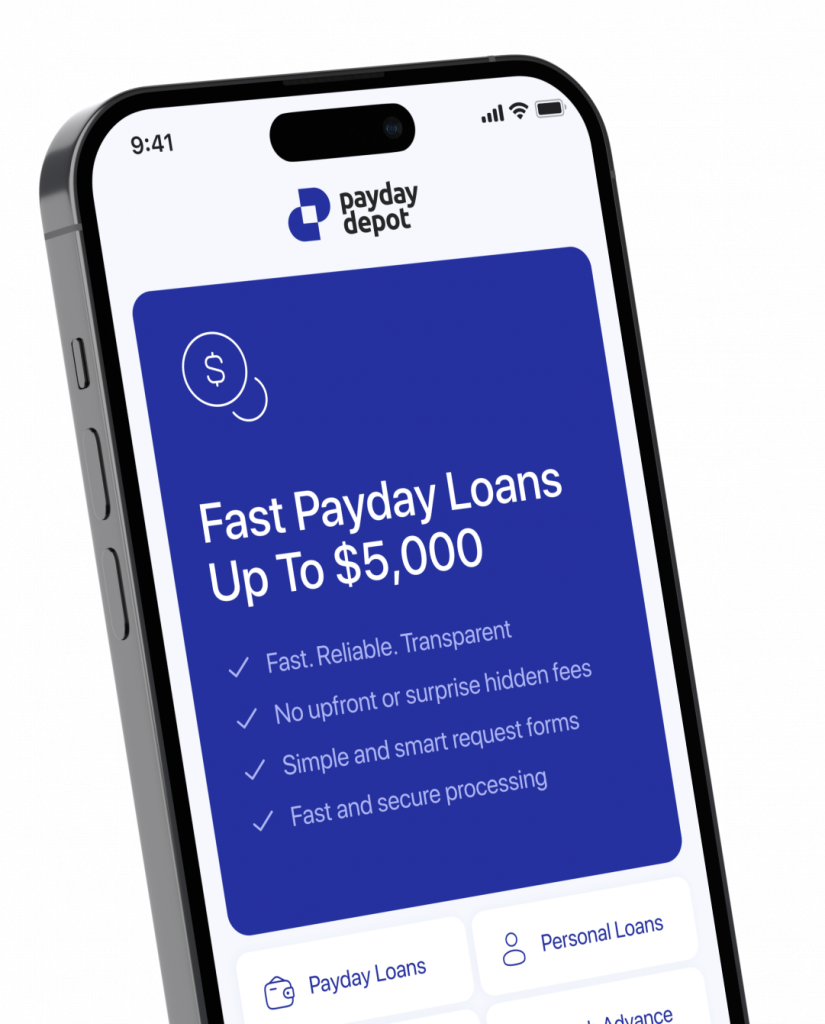Generally speaking, payday loans don’t have a typical interest rate. However, they do still come with certain fees — or finance charges. Common fees include an origination fee and an annual percentage rate (APR).
Payday lenders usually set their own fees based on the loan amount. However, a lender may adjust their fees based on other factors like your income. Some states also put a cap on how much a lender can charge.
According to the Consumer Financial Protection Bureau (CFPB), the typical finance charge for a payday loan ranges from $10 to $30 per $100 borrowed. This finance charge is added to the total cost of the loan, and must be paid when the loan is due.








